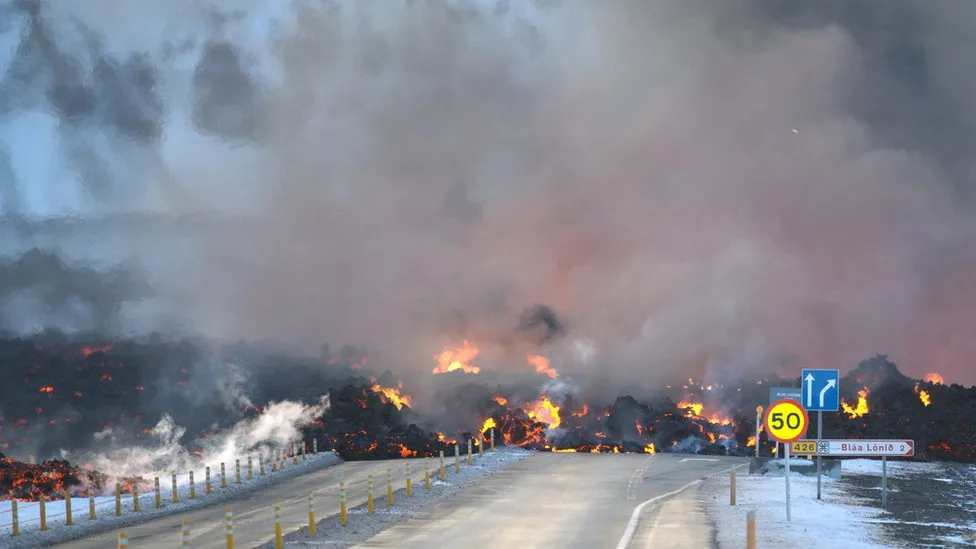Is Iceland entering a new volcanic era?
Iceland has long been known as the “Land of Fire and Ice” due to its unique geology that includes both glaciers and active volcanoes. Over the centuries, volcanic eruptions in Iceland have captured the world’s attention with their devastating consequences and mesmerizing beauty. Now, there are growing concerns that Iceland might be entering a new volcanic era.
Recent volcanic activity in Iceland has sparked worries among geologists and locals alike. In 2010, the eruption of Eyjafjallajökull caused widespread disruption to air travel across Europe, highlighting the vulnerability of the aviation industry to volcanic ash. More recently, in March 2021, the Fagradalsfjall volcano near Reykjavik erupted, attracting tourists and photographers who eagerly captured the breathtaking spectacle.
Scientists explain that Iceland’s volcanic activity is a result of its location along the Mid-Atlantic Ridge, where the North American and Eurasian tectonic plates are diverging. This unique geological position creates a hot spot, allowing magma to rise to the surface and giving birth to volcanic eruptions.
While it’s impossible to predict exactly when and where the next volcano will erupt, the increase in seismic activity and eruptions in Iceland has raised concerns among experts. The Icelandic Meteorological Office, along with other research institutions, continuously monitor the country’s volcanoes to detect any signs of impending eruptions and provide early warnings to the public.
The consequences of volcanic eruptions can be catastrophic. Aside from immediate dangers, such as lava flows and ash clouds, these events can also have long-term effects on the environment and society. Volcanic ash can disrupt air travel, contaminate water sources, and cause respiratory problems when inhaled. The economic impact can be substantial, as tourism and agricultural activities may be severely affected.
However, it’s worth noting that Iceland has a high level of preparedness when it comes to volcanic eruptions. The country has developed sophisticated monitoring systems, emergency response plans, and evacuation procedures to mitigate the potential risks. The experience gained from past eruptions, such as the 2010 Eyjafjallajökull eruption, has helped Iceland build resilience and ensure a coordinated response to future volcanic events.
So, is Iceland entering a new volcanic era? While the recent volcanic activity may raise concerns, it’s important to remember that Iceland has always been a geologically active region. The country’s unique landscape and the awe-inspiring power of its volcanoes are part of its identity. With vigilance, preparedness, and ongoing scientific research, Iceland and its people are well-equipped to face the challenges that a volcanic era might bring.
